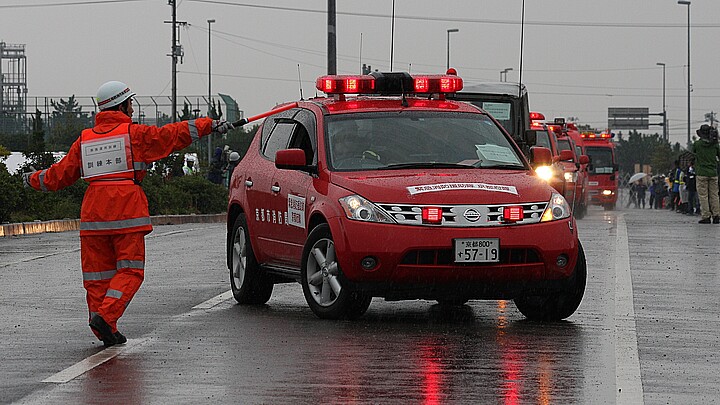Climate
Maldives building floating city as sea level rises
June 22, 2022 8:01am
Updated: June 22, 2022 9:12am
The diminutive island nation is planning to build a modular floating city in response to the threat of projected rising sea levels due to climate change.
With an average ground-level elevation of 1.5 meters above sea level, the Maldives is the world’s lowest-lying country – thus very vulnerable to any change in sea levels.
80% of its land mass is less than one meter above sea level and its highest natural point is only 2.4 meters. If sea levels continue rising as some have projected, many of the archipelago’s 1,192 islands could be underwater by the end of the century.
Inspired by brain coral, the city will consist of 5,000 colorful floating units that will serve as houses, restaurants, shops and schools, reports CNN. One will be able to reach it in just 10 minutes by boat from the capital Malé, traditionally called the “King’s Island.”
The modular units are constructed in a shipyard nearby, then towed into position and anchored to a large underwater concrete hull. The surrounding islands and coral reefs serve as natural wave breakers, which will help prevent seasickness among residents.
Canals run between the units, the first of which will be unveiled this month. Residents will begin moving in early 2024 and the whole city is due to be completed in 2027, when it will house up to 20,000 residents.
The project is a joint venture between the Government of the Maldives and property developer Dutch Docklands. The city was designed by Waterstudio, an architecture firm specializing in floating buildings that is based in the Netherlands, where a quarter of its land below sea level.
The new city is "new hope" for the more than half a million people of the Maldives, Waterstudio founder Koen Olthuis told CNN.
"It can prove that there is affordable housing, large communities, and normal towns on the water that are also safe. They (Maldivians) will go from climate refugees to climate innovators," he said.
Olthius said that floating cities were not futuristic, but a practical solution for low-lying countries like the Netherlands and the Maldives. Last year, flooding cost the global economy more than $82 billion, according to reinsurance agency Swiss Re.
Waterstudio has designed over 300 floating homes, offices, schools and health buildings over the last two decades. Olthius says the next challenge is scale and affordability, telling CNN there is “an urgency for scale and speed.”








